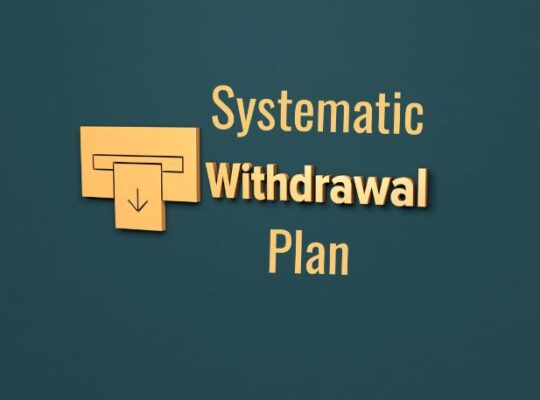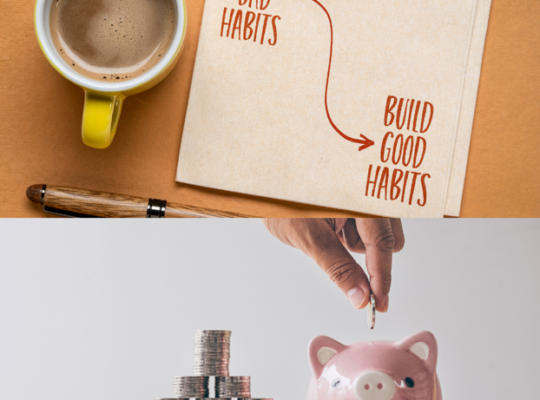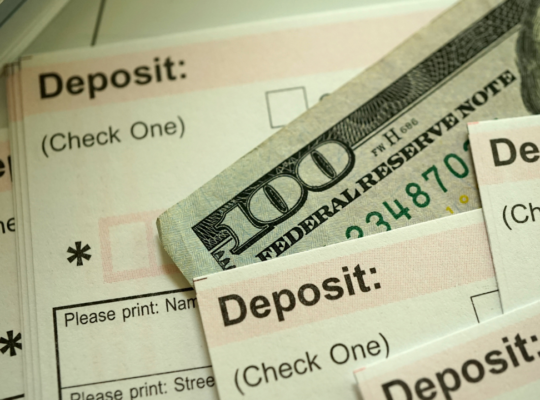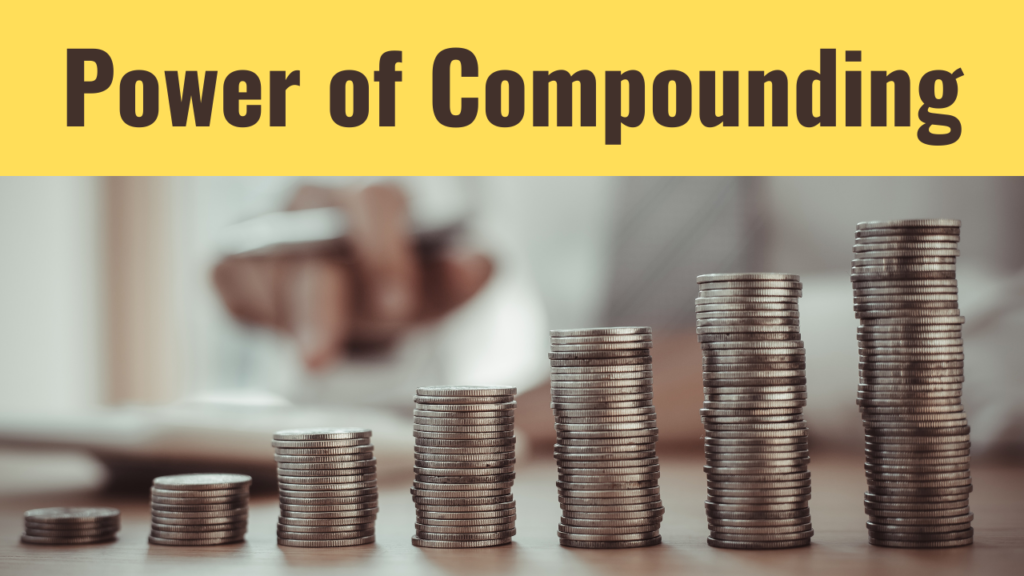
Let us see the incredible power of compounding in this blogpost.
If I were to offer you a choice between Rs. 1 crore today or a single paisa that doubles every day for the next 31 days, which one would you choose? At first glance, Rs. 1 crore seems like an obvious and attractive choice. After all, it’s a massive sum of money available immediately, with no waiting required. In contrast, a single paisa, just one-hundredth of a rupee, seems almost insignificant. However, what if I told you that the tiny paisa has the potential to outperform the Rs. 1 crore? It might sound hard to believe, but that’s the magical power of compounding in action.
You would have heard of the story of David slaying the giant Goliath. Sometimes, someone even as tiny as David has more potential than the Giant Goliath.
To understand this better, let’s explore how this phenomenon unfolds over time.
Table of Contents
The Growth of 1 Paisa Over 31 Days
Let’s assume you start with 1 paisa today. By tomorrow, that 1 paisa double to 2 paisa. On the third day, it doubles again to 4 paisa. The pattern continues: 8 paisa on day 4, 16 paisa on day 5, and so on. Initially, this doesn’t seem like much—after 10 days, your total amount would be just 512 paisa (or Rs. 5.12). This small sum reinforces why many people would rather take Rs. 1 crore upfront.
But compounding is all about patience. Let’s look at how the paisa multiplication progresses further:

So, after 10 days, we’ll have 512 paisa (Rs. 5.12). Perhaps this is why picking 1 Cr looked to be the more appropriate choice, as we will still have just Rs. 5 after 10 days of investing. Let’s wait and see what happens in the following 10 days.

You would have 524,288 paisa or Rs. 5,242.88 after 20 days of using the multiplying paisa technique. Still, it is nowhere near a 1 Crore rupees. Let us now wait another 10 days to observe the true might of money increasing.


So, after 30 days of using the multiplying paisa method, you will have 536870912 paise, which is equal to Rs. 53,68,709.12, which is nothing but Rupees Fifty-three lakhs sixty-eight thousand seven hundred and nine (Rs. 53.68 lakhs). This implies that if you double this for one more day, you will have Rs. 1,07,37,418.24 (Rs. 1.07 crore) on the 31st day, indicating that your multiplying paisa was able to generate more than one crore in just 31 days. This is more than the Rs. 1 crore offered at the start!

Even if you invest the 1 Crore received on Day-1 and invested it in an income producing asset of 15% (which is an ambitious target for one month return though!), you will still generate Rs. 1.01 crore at end of 31 days Vs Rs. 1.07 Crore generated in the paisa multiplication method.
So, by simply allowing a tiny sum to grow exponentially, you can surpass what seemed like a massive, one-time windfall. This is the extraordinary power of compounding at work: 1 paisa doubled every day for the next 31 days becomes more than Rs. 1 crore.
Now let us examine why do most people choose Rs. 1 Crore instantly
When faced with this choice, most people instinctively opt for Rs. 1 crore upfront. Why? It all comes down to human psychology. We are naturally inclined toward immediate gratification rather than waiting for future rewards.
Think of it this way: even though we know that eating too many sweets is bad for our health, we often indulge in them because they offer instant pleasure. Similarly, when given the choice between a large sum today and a small amount that grows over time, our brains tend to prefer what is immediately available.
But financial success often favours those who understand the value of patience and long-term growth. While Rs. 1 crore today provides immediate security, it does not harness the exponential growth that compounding can provide.
The Power of Patience and Long-Term Thinking
The doubling paisa experiment is more than just a mathematical exercise, it’s a powerful lesson in how small, consistent efforts can lead to remarkable outcomes over time. This applies not just to money but to many aspects of life.
Consider these examples:
- Investing Regularly: Even small investments made consistently can grow into substantial wealth over time.
- Learning and Skill Development: If you dedicate just a little time each day to learning a new skill, you will become highly proficient in the long run.
- Health and Fitness: Exercising for a few minutes daily may not show immediate results, but over months and years, it can lead to significant improvements in your health.
- Building Good Habits: Tiny positive changes, such as saving a little money daily, reading a few pages of a book, or avoiding unnecessary expenses, accumulate into life-changing transformations over time.
The key takeaway? Small steps, when done consistently, create exponential growth in the long run.
What if you invested Rs. 1 Crore instead?
Now, let’s assume you took Rs. 1 crore at the beginning of the month and invested it in a high-yielding asset. Even if you managed to generate a 15% return in a month (which is an ambitious expectation), your money would grow to Rs. 1.015 crore by the end of 31 days.
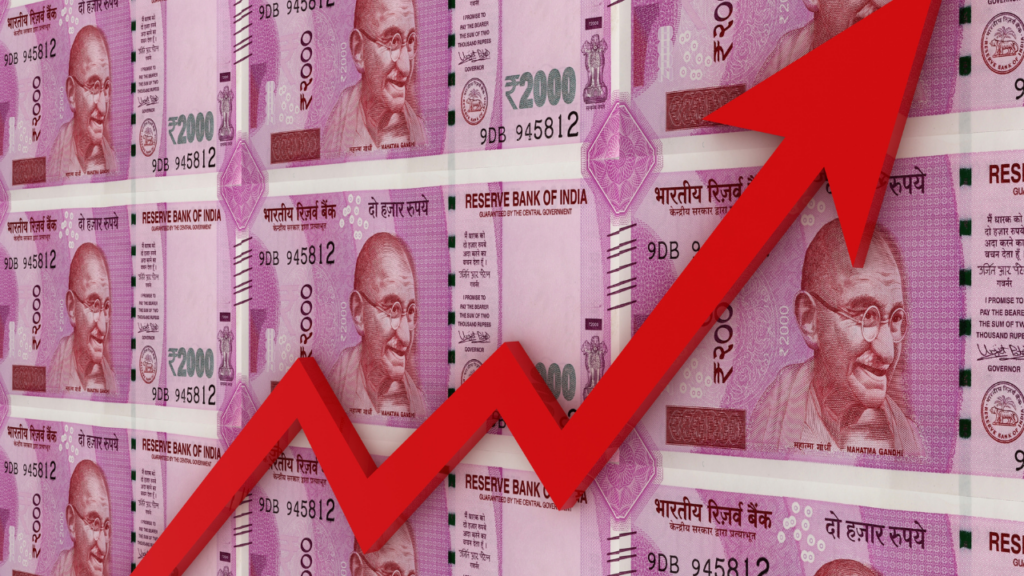
In contrast, the doubling paisa method results in Rs. 1.07 crore, a higher amount than the Rs. 1 crore invested at a high rate of return. This demonstrates that exponential growth can sometimes outperform even a large initial capital base.
How can you apply this concept in your financial life?
The story of the doubling paisa teaches us an important lesson: compounding is a powerful force that rewards patience and persistence. Here’s how you can use this principle in your financial life:
1. Start Investing Early
The earlier you start investing, the more time your money has to compound. Even small contributions made consistently over time can grow into substantial wealth. For instance, if you start investing Rs. 5,000 per month at the age of 25, you will accumulate significantly more wealth by retirement than someone who starts at 35 with double the monthly contribution.
2. Stay Invested for the Long Term
Many investors panic and withdraw their money during market downturns. However, staying invested through ups and downs allows your investments to benefit from long-term compounding. Those who hold onto their investments for decades tend to reap the greatest rewards.
3. Reinvest Your Earnings
One of the most effective ways to accelerate wealth creation is to reinvest your earnings. Instead of withdrawing interest, dividends, or profits, let them compound over time.
4. Avoid Unnecessary Withdrawals
Each time you withdraw money from an investment, you interrupt the compounding process. By allowing your investments to grow undisturbed, you maximize their potential.
5. Be Patient and Think Long-Term
Wealth building is not about making quick money—it’s about consistent, disciplined efforts over time. Whether it’s investing, saving, or skill development, the key to success is perseverance and long-term thinking.
Conclusion: The True Power of Compounding
At first, choosing between Rs. 1 crore upfront and a paisa doubling every day for 31 days seems like a no-brainer. But once you understand the exponential nature of compounding, the choice becomes clearer.
This principle isn’t just about numbers, it’s a mindset. Whether it’s in finance, personal growth, or career development, small and consistent efforts yield incredible results over time.
The ultimate point that I mean to say here through this blog-post is that if you keep doing something every day, even if it is very small, it will create a bigger positive impact in your life. In our daily lives, we often overlook the power of compounding. Hence if you continuously save money, you will be competent to fix the bulk of your financial concerns.
So, the next time you think about your financial goals, remember the lesson of the doubling paisa. Start small, stay patient, and watch the power of compounding work its magic in your life. The sooner you start, the greater your rewards will be!
You can also check out my other blogpost on why you should not stop your Systematic Investment Plans (SIPs), even during the times of market volatility.
Do Follow me on Linkedin and Quora for more such insightful posts on personal finance, money management, investments, debt management, retirement, etc.

